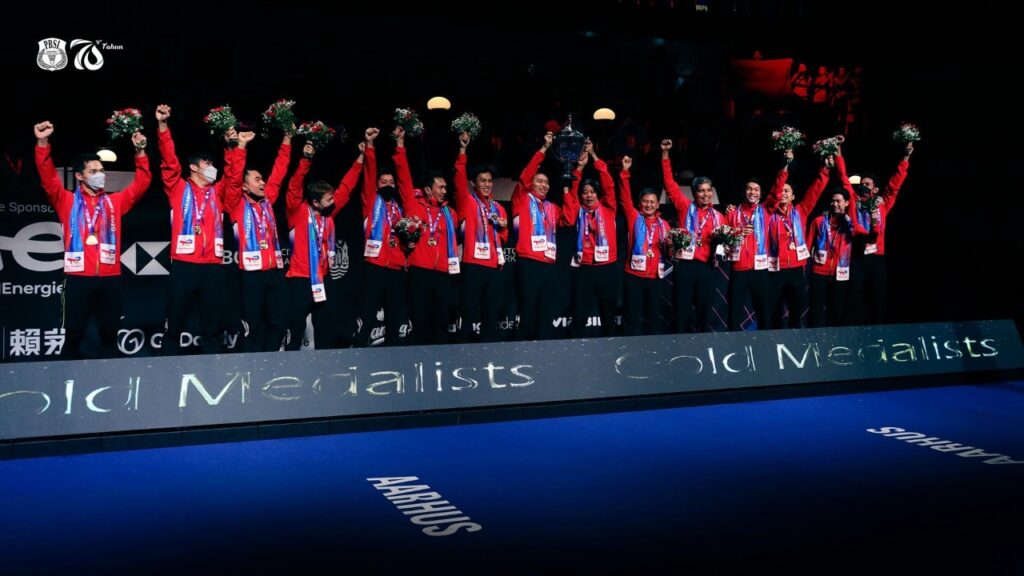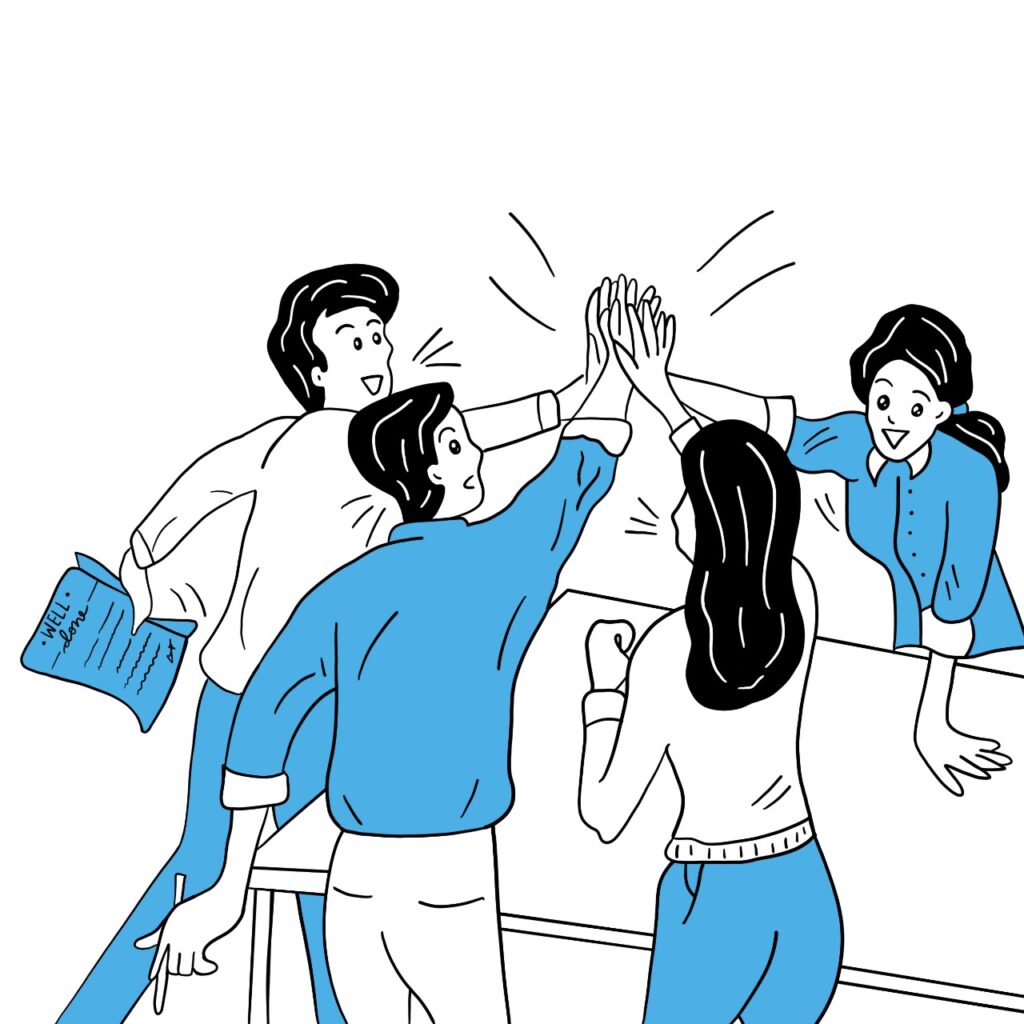
It was the end of November 2020. I was so full of thoughts back then, and I chose to calm myself by scrolling Spotify discovery. Until my eyes met a song titled Rest, “I think this song can represent what I thought right now,” I said in my own mind. I listened to it, and at that time, my nerves instantly gave a signal to relax all my body and mind, then take a deep breath after what I’ve been through.
Rest is the second track out of 18 tracks from the “Every Letter I Sent You” album by Yerin Baek, a South Korean female singer-songwriter. The album “Every Letter I Sent You” is the first Yerin Baek’s studio album under Blue Vinyl Record after leaving JYP Entertainment in September 2019. The album was released on December 10, 2019, with the double title track Popo (How Deep Is Our Love) and Square (2017). Rest has been streamed 3 million times on Spotify, while the official lyric video has been played 640 thousand times on YouTube.
Yerin’s beautiful delivery places a warm tone to the listener’s ears and heart. Her husky-but-soft voice is mixed perfectly with the instruments. It breaks all the tiresome feelings, both physically and mentally. The song directly starts with Yerin’s voice, followed by the warm Rhodes piano. As the song gets in the chorus, the guitar tone comes along. Yerin puts simple drums, string, flute, and brass in the second verse to make the sound richer but minimalistic. The song was written and produced by Yerin. As it comes from her very first album, Yerin wanted to give intimacy through her songs. The title itself is named “Every Letter I Sent You,” so the delivery looks like many letters given to someone. “Rest” talks about someone who wants to rest after a long tiring day. “I wanna be somewhere like no need to be clear / No need to be explaining / I just wanna rest,” she sings. The song unfolds a wish of someone tired of their business every single word and activity, “I” just want to rest, that’s all.
The narration in this song represents the discussion about some people who enjoy their quality time only on their own. Some people just love to spend their time alone, and it is fine. It doesn’t mean they are lonely. “Everybody’s asking if I got plans for the night / But sure, I know they don’t really wonder / And I’m sure I’ll be home alone / I’ma rent some classic movies on the way back home,” that is the message delivered from the lyrics. Yerin wants to share the feeling that spending your time alone is normal, nothing odd about it. A lot of people also do that. Rejecting an invitation so you can spend your time alone on the fluffy couch is the best way to rest too.
Author: Juhandi Dwi Putra Lyana / 1842141178
Editor: Arih Oviana Putri Kusuma, Fransiskus Nino Boby Laksono (QC)







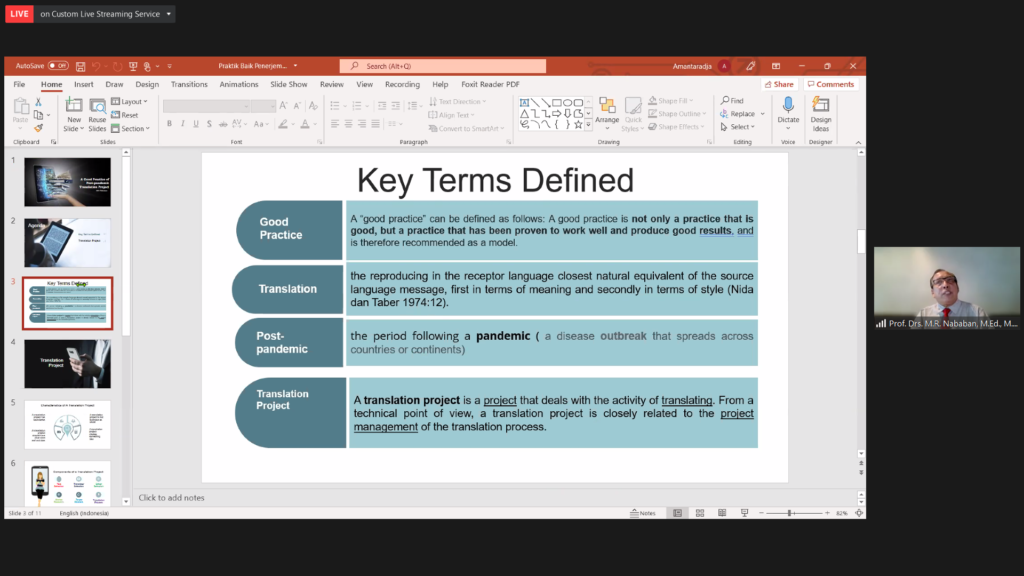

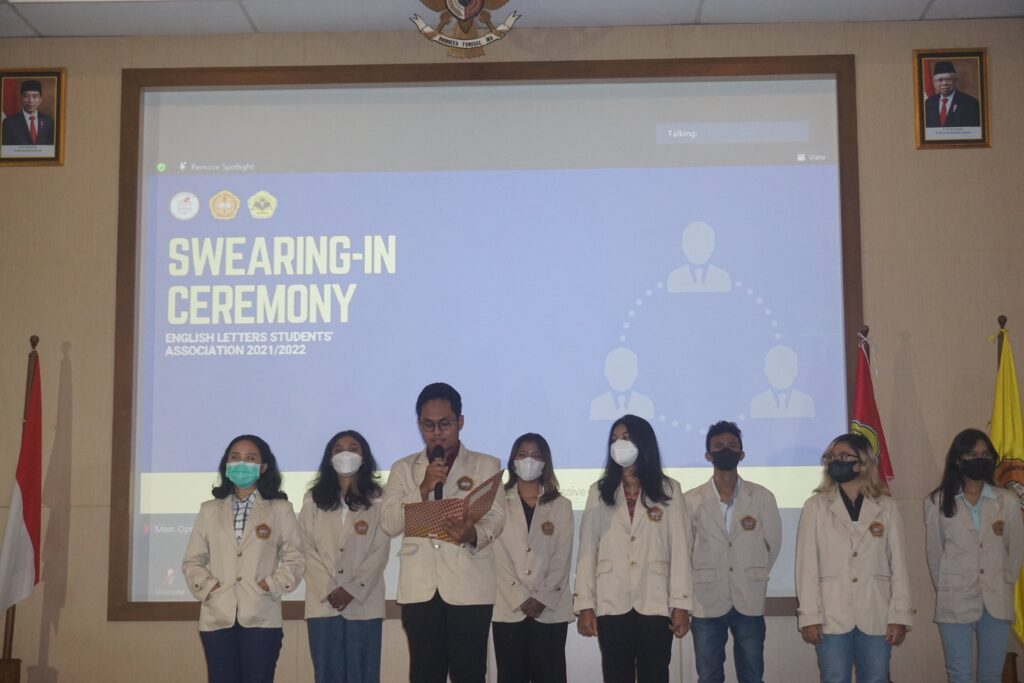
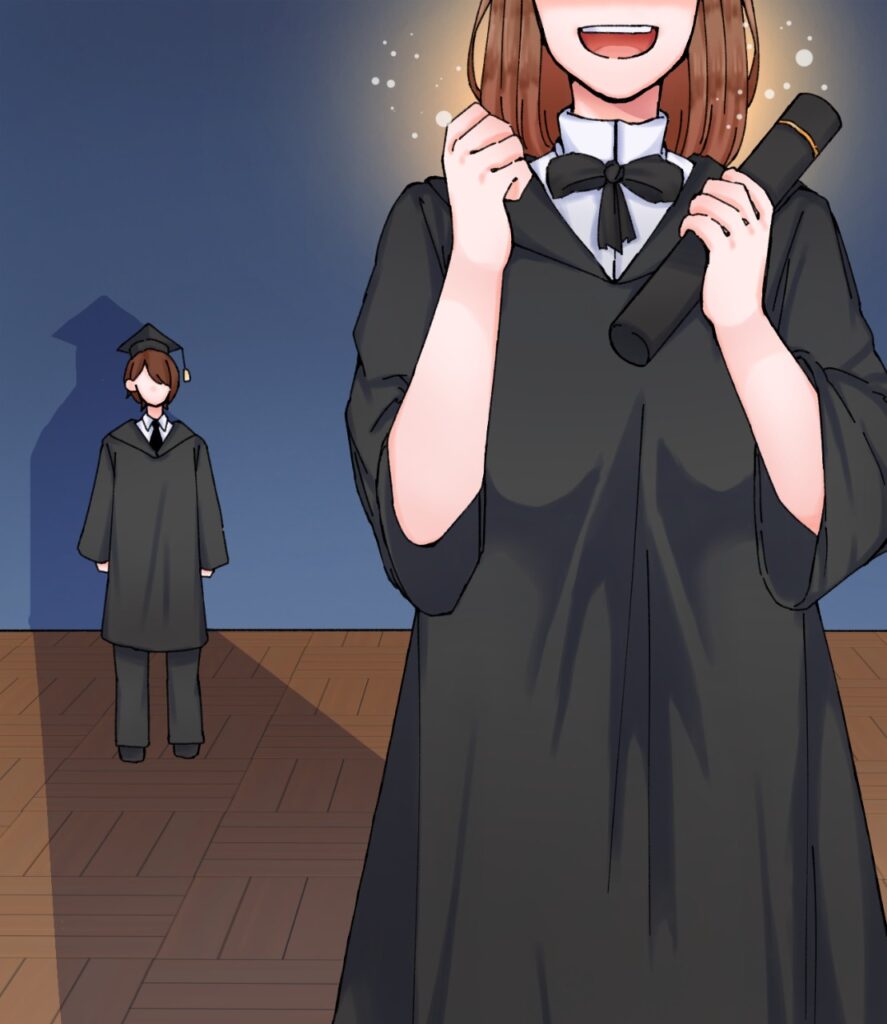

 Pic: Markus Zusak by Carly Earl, 2018. The Guardian
Pic: Markus Zusak by Carly Earl, 2018. The Guardian